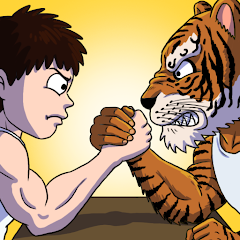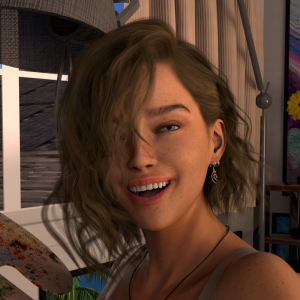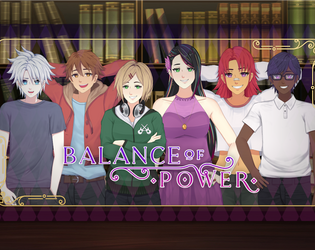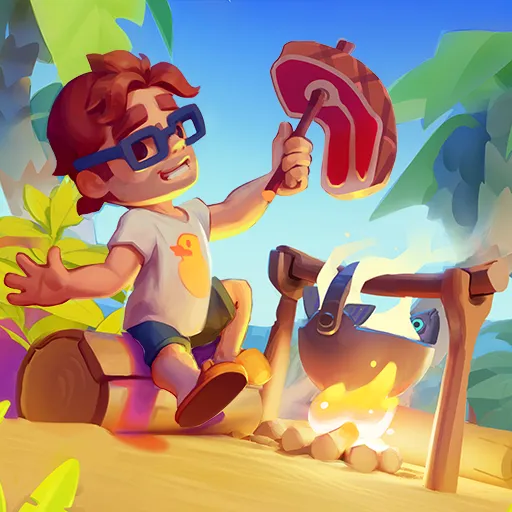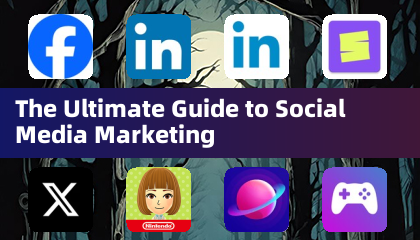With *Monster Hunter Wilds* breaking Steam records and *Resident Evil* more popular than ever thanks to *Village* and a handful of stellar remakes, it's almost as if Capcom is incapable of failure. However, this wasn't always the case. Less than a decade ago, after a string of critical and commercial flops, Capcom was struggling to find its footing, having lost both its direction and its audience.
Capcom was grappling with an identity crisis. *Resident Evil*, the series that defined the survival horror genre, had lost its edge following *Resident Evil 4*. Meanwhile, *Street Fighter*, another flagship franchise, was faltering after the poorly-received *Street Fighter 5*. These setbacks could have marked the end of Capcom's legacy and its beloved games.
Yet, amidst these challenges, Capcom found a path forward. A strategic shift in how they developed games, coupled with the adoption of a powerful new game engine, revitalized their key series. This transformation not only brought back their iconic franchises but also set the stage for a period of sustained critical and financial success, propelling Capcom back into the gaming industry's elite.
Resident Evil Lost Its Way
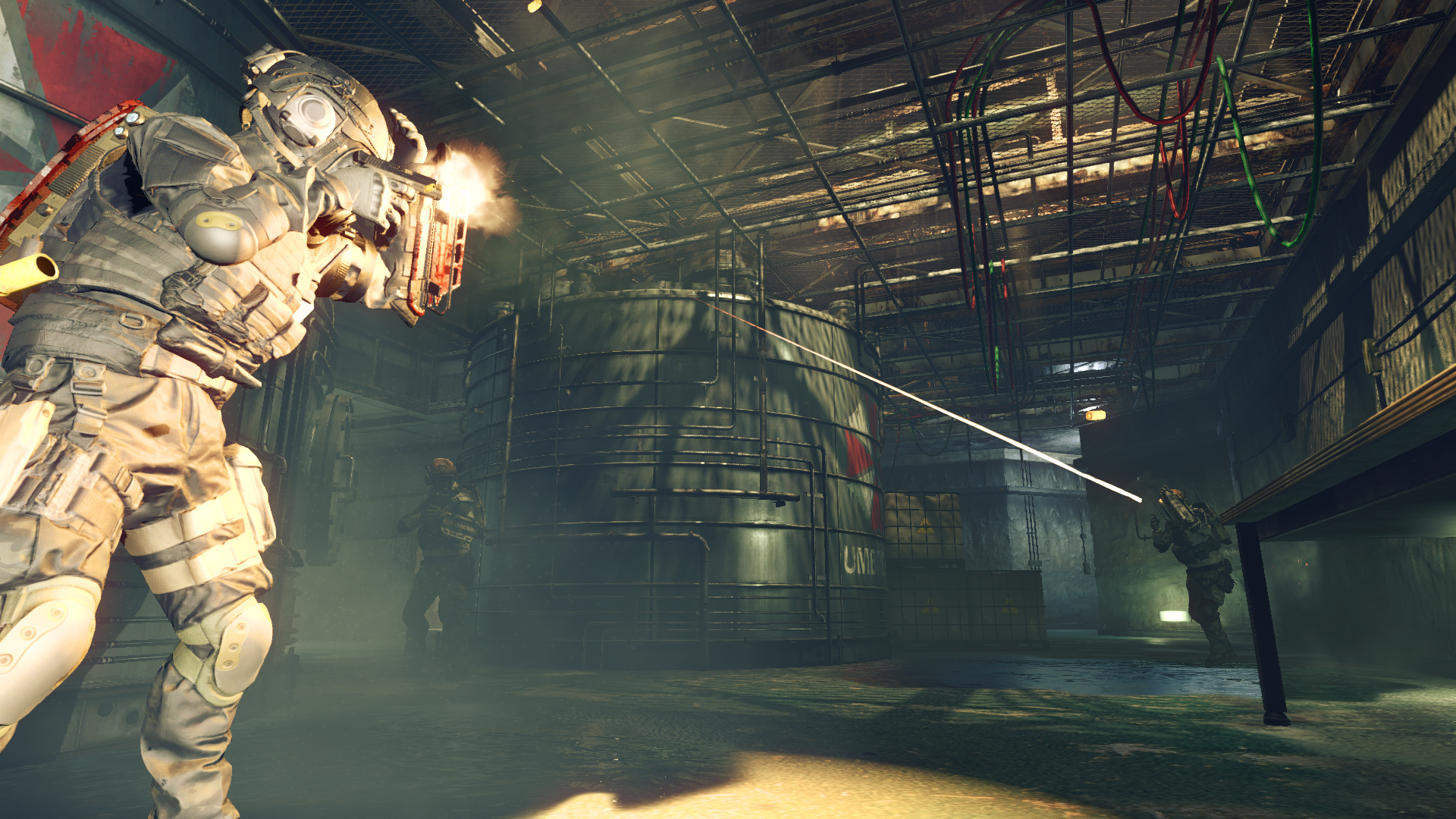 Resident Evil 6 marked a low point for the mainline series. Credit: Capcom
Resident Evil 6 marked a low point for the mainline series. Credit: Capcom
2016 was a challenging year for Capcom. The release of *Umbrella Corps*, a multiplayer-focused Resident Evil spin-off, was met with harsh criticism from both reviewers and fans. Similarly, *Street Fighter 5* disappointed long-time fans who were expecting a sequel that matched the brilliance of *Street Fighter 4*. Even *Dead Rising 4*, which brought back the beloved character Frank West, turned out to be the last new entry in that series.
These setbacks were part of a broader trend of underperformance that Capcom had been experiencing since 2010. The mainline *Resident Evil* games saw declining critical reception despite strong sales, *Street Fighter* struggled with its latest installment, and other key franchises like *Devil May Cry* were absent from the spotlight. Meanwhile, *Monster Hunter*, although a massive hit in Japan, found it difficult to gain traction in international markets.
"Many of us started feeling that what the fans and players wanted from the series was getting a little bit separate from what we were making," reflects a Capcom developer. This sentiment marked a stark contrast to the Capcom we know today, which, since 2017, has consistently delivered hit after hit. From *Monster Hunter World* to *Devil May Cry 5*, *Street Fighter 6*, and a series of acclaimed remakes, Capcom has demonstrated a remarkable turnaround.
Achieving this success required more than just learning from past mistakes; Capcom had to rethink its entire approach, from its target audience to the technology it employed. To understand this transformation, IGN spoke with four of Capcom's leading creatives to explore how the company recovered from its lows to become one of the gaming industry's top performers.
Founded in 1979 as a maker of electronic game machines, Capcom rose to prominence in the 80s and 90s with iconic 2D games like *Street Fighter* and *Mega Man*. The company successfully transitioned to 3D gaming with titles like *Resident Evil*, and from 2000 to 2010, it updated many of its classic franchises for the modern era, culminating in the creation of *Resident Evil 4*, widely regarded as one of the greatest games ever made.
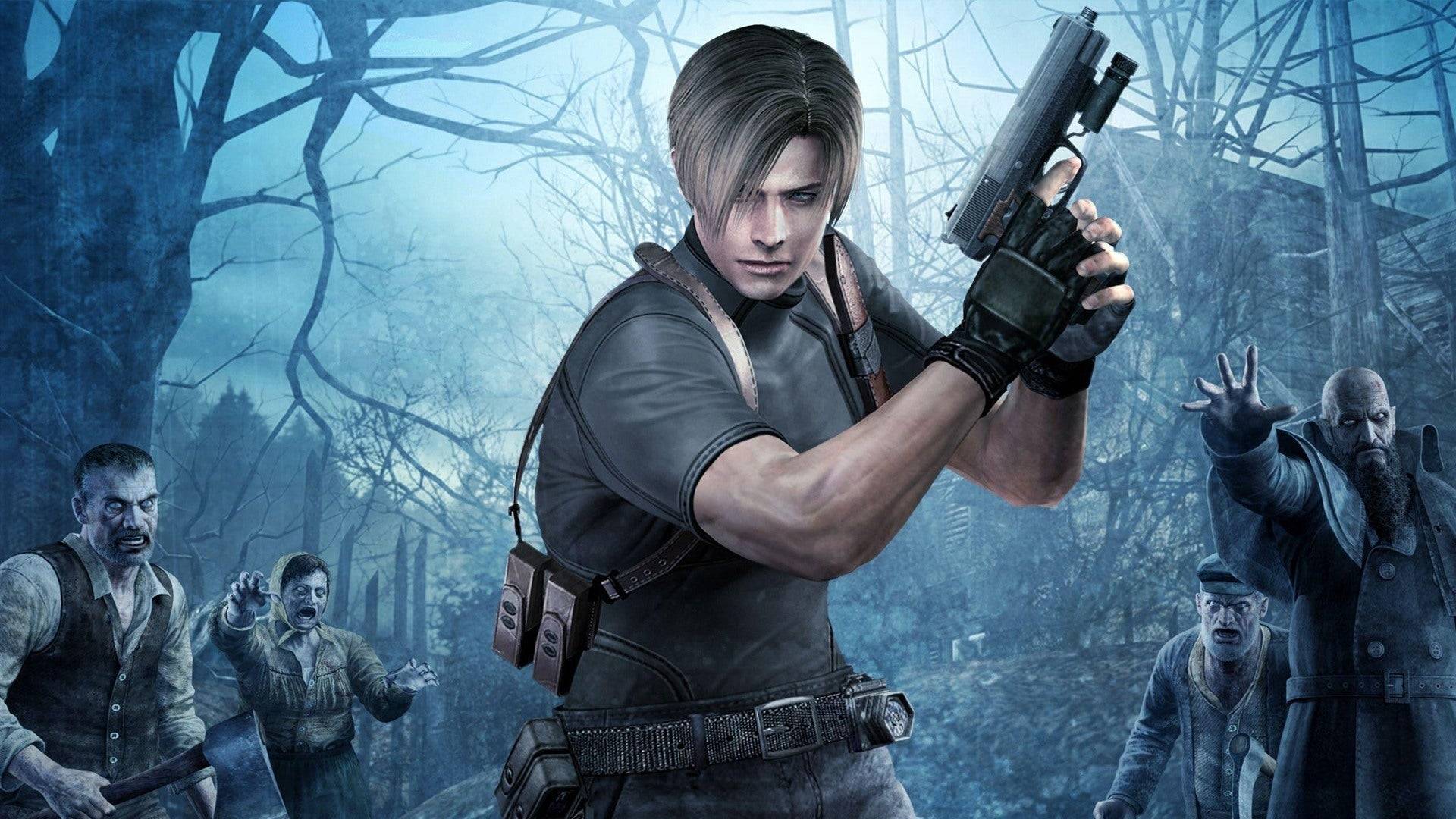 Resident Evil 4 is considered a generational high point. Credit: Capcom
Resident Evil 4 is considered a generational high point. Credit: Capcom
*Resident Evil 4*, released in 2005, is celebrated for its innovative blend of horror and action, drawing inspiration from horror classics like *Friday the 13th*, H.P. Lovecraft's works, and John Carpenter's films. However, subsequent games struggled to maintain this balance. *Resident Evil 5* featured over-the-top action sequences, like Chris Redfield punching a boulder, which shifted the series away from its horror roots.
By 2012, *Resident Evil 6* attempted to cater to both horror and action fans by splitting the game into multiple storylines and playable characters. This approach failed to satisfy either group, resulting in a game that felt disjointed and ultimately disappointing. The series' identity crisis was evident, and fans voiced their dissatisfaction online as Capcom experimented with new directions, including online co-op titles.
Capcom's struggles were not limited to *Resident Evil*. *Street Fighter 4* was a success, but *Street Fighter 5* launched with significant issues, including a lack of single-player content and poor online functionality. This was a stark contrast to its predecessor, leading to widespread frustration among fans.
Other key franchises also faced challenges. *Devil May Cry* saw diminishing returns, prompting Capcom to outsource *DmC: Devil May Cry* to Ninja Theory. Despite becoming a cult favorite, the game's changes to the series' lore and protagonist were met with resistance from fans, leading to a hiatus in the franchise.
Capcom's attempts to appeal to Western markets with titles like *Lost Planet* and *Asura's Wrath* also fell flat. While *Dragon's Dogma*, directed by Hideaki Itsuno, was a bright spot, the company's focus was scattered, and it was clear that a significant change was needed.
Street Fighter 5, The Lost Cause
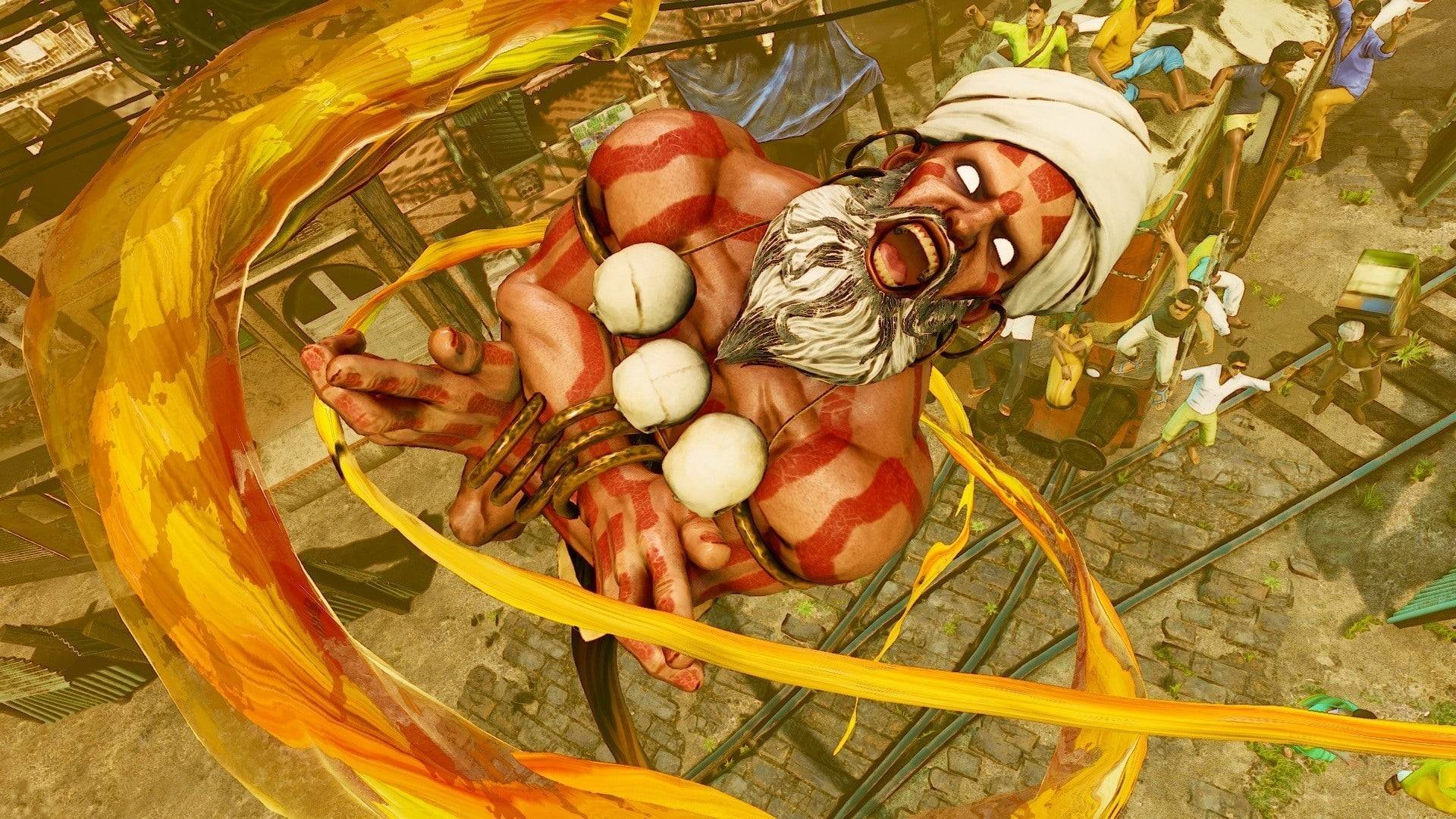 Street Fighter 5 was a letdown. Credit: Capcom
Street Fighter 5 was a letdown. Credit: Capcom
In the mid-2010s, Capcom initiated a series of strategic changes that would ultimately transform its fortunes. The first step was addressing the issues with *Street Fighter 5*. Directors Takayuki Nakayama and producer Shuhei Matsumoto were tasked with stabilizing the game and rebuilding trust with fans.
Despite not being involved from the start, Nakayama and Matsumoto inherited a game that needed substantial fixes. "There definitely were some challenges within the production of the game, and that was part of the reason why I was brought into the team," Nakayama admits. Constrained by the game's existing framework, they focused on resolving the most pressing problems while planning for future improvements in *Street Fighter 6*.
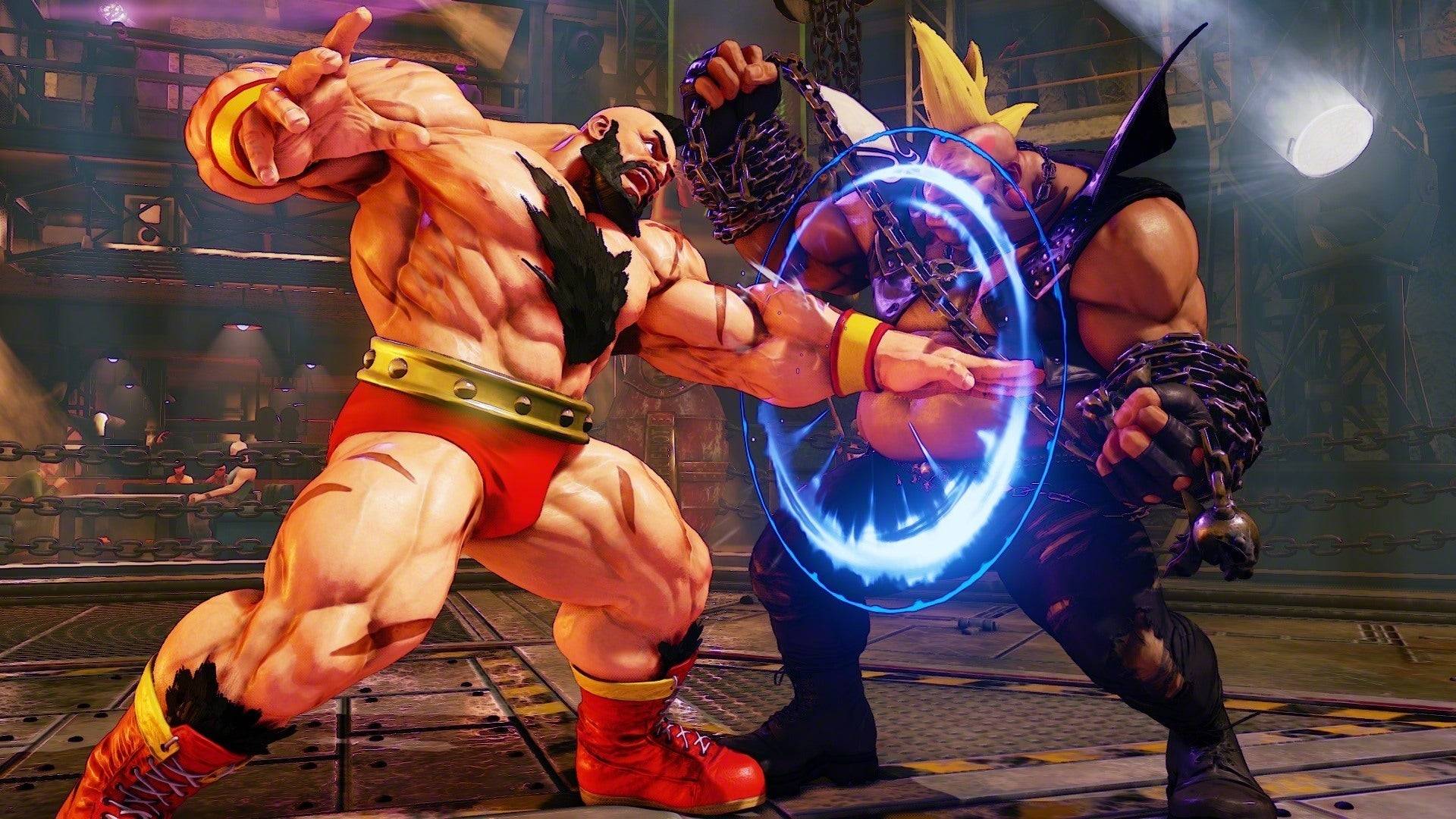 Street Fighter 5 would be improved into Street Fighter 5: Arcade Edition. Credit: Capcom
Street Fighter 5 would be improved into Street Fighter 5: Arcade Edition. Credit: Capcom
The duo worked to enhance the game's fundamentals, including netcode and character balance, and introduced new features like V-Triggers and V-Shift mechanics. Their efforts were part of a larger mission to rediscover the fun in fighting games, which *Street Fighter 5* had somewhat lost.
"We both realized that fighting games are fun, and when you get used to them, it becomes more enjoyable and something you can essentially play forever as long as you have an opponent to play against," Matsumoto says. The challenge was to guide players to that level of enjoyment, which *Street Fighter 5* initially struggled to do.
Rather than abandoning *Street Fighter 5*, Capcom used it as a testing ground for new ideas. This approach allowed them to refine their vision for *Street Fighter 6*, which launched in 2023 to critical acclaim, marking a significant improvement over its predecessor.
The lessons learned from *Street Fighter 5* were crucial, but Capcom knew it needed a broader strategy to prevent future setbacks. This led to significant behind-the-scenes changes, setting the stage for their next successes.
Monster Hunter Took Over The World
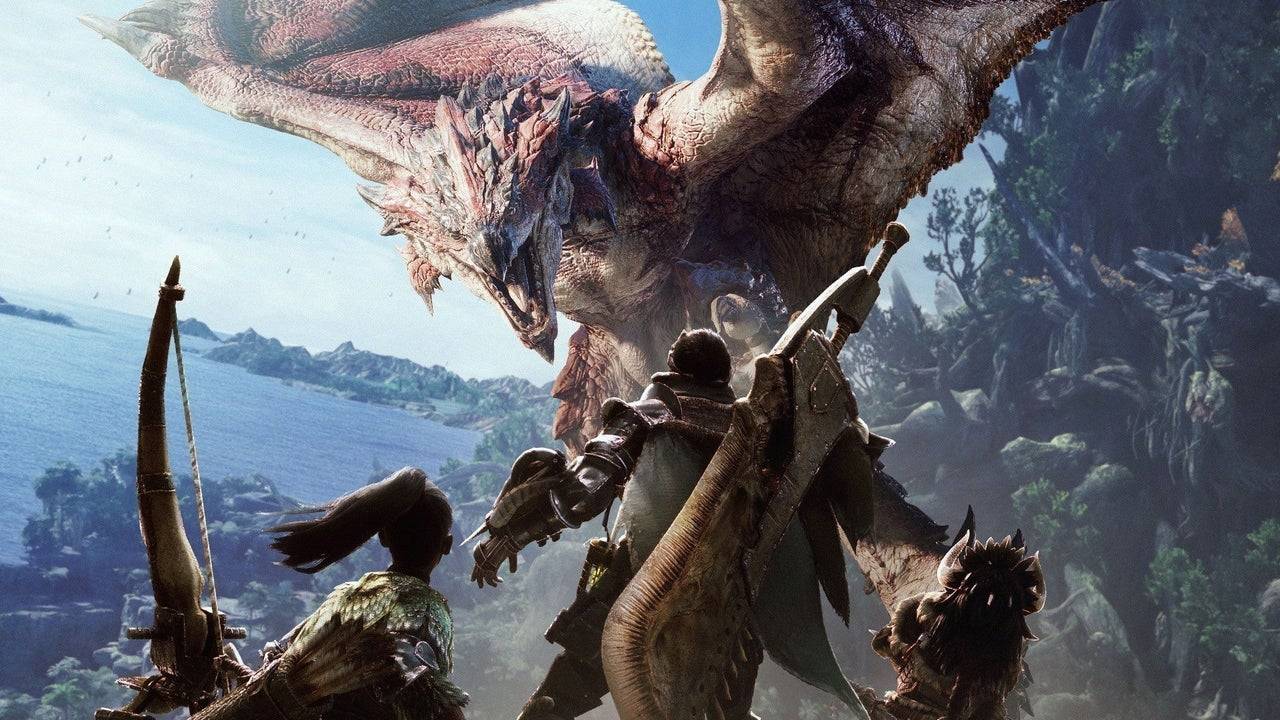 Monster Hunter's revolution began. Credit: Capcom
Monster Hunter's revolution began. Credit: Capcom
Around the time of *Street Fighter 5*'s launch in 2016, Capcom underwent an internal reorganization to prepare for a new generation of games powered by the RE Engine, a significant upgrade from the MT Framework. This shift was more than just a technological change; it was part of a new mandate to create games that appealed to a global audience.
"It was a few factors that came together," says Hideaki Itsuno, known for his work on *Devil May Cry*. "The change of the engine and also all teams were given a very clear goal at that point to make games that reach the global market. [Games] that are fun for everyone."
Capcom's focus during the PS3 and Xbox 360 era was on capturing the Western market, as seen with the action-heavy *Resident Evil 4* and other titles like *Umbrella Corps* and *Lost Planet*. However, these efforts were largely unsuccessful. The company realized the need to create games that appealed universally, not just to fans of Western genres.
"I think that we had that clear goal of just focusing and not holding anything back towards making good games that would reach people from all over the world," Itsuno adds. This shift in focus was crucial, especially as Capcom prepared for the launch of *Resident Evil 7* in 2017, marking the beginning of a new era for the company.
No series better embodies Capcom's new global focus than *Monster Hunter*. While it had a dedicated following in the West, the franchise was significantly more popular in Japan. The series' success on handheld consoles like the PSP, driven by the Japanese market's preference for portable gaming, initially limited its global reach.
"20 years ago in Japan, having a network connection wasn't as easy, and there weren’t a huge amount of people playing Monster Hunter online. However, handheld consoles made multiplayer gameplay easy without internet access," explains Ryozo Tsujimoto, executive producer of the series. This focus on local multiplayer inadvertently reinforced *Monster Hunter*'s image as a Japan-centric franchise.
However, as internet infrastructure improved globally, Capcom saw an opportunity to expand *Monster Hunter*'s reach. In 2018, *Monster Hunter: World* was released on PlayStation 4, Xbox One, and PC, designed to appeal to a worldwide audience with its AAA console quality and simultaneous global launch.
"Our approach to the globalization of the series and Monster Hunter in general really ties into not only the themes that we had going into designing the game, but also in the name of the game," Tsujimoto reveals. "The fact that we called it Monster Hunter: World is really kind of a nod to the fact that we wanted to appeal to this worldwide audience."
To ensure *Monster Hunter: World* resonated globally, Capcom conducted extensive focus tests and made adjustments based on feedback, such as displaying damage numbers when players hit monsters. These tweaks contributed to the game's massive success, with both *Monster Hunter: World* and its follow-up, *Monster Hunter Rise*, selling over 20 million copies each.
"At its heart, Monster Hunter really is an action game, and that sense of accomplishment you get from really mastering that action is an important aspect of Monster Hunter," Tsujimoto explains. "But for newer players, it's really about getting to that point. The steps involved in getting to that sense of accomplishment is what we're trying to strategize for, in terms of designing for new players."
Resident Evil 7 Began Turning Things Around
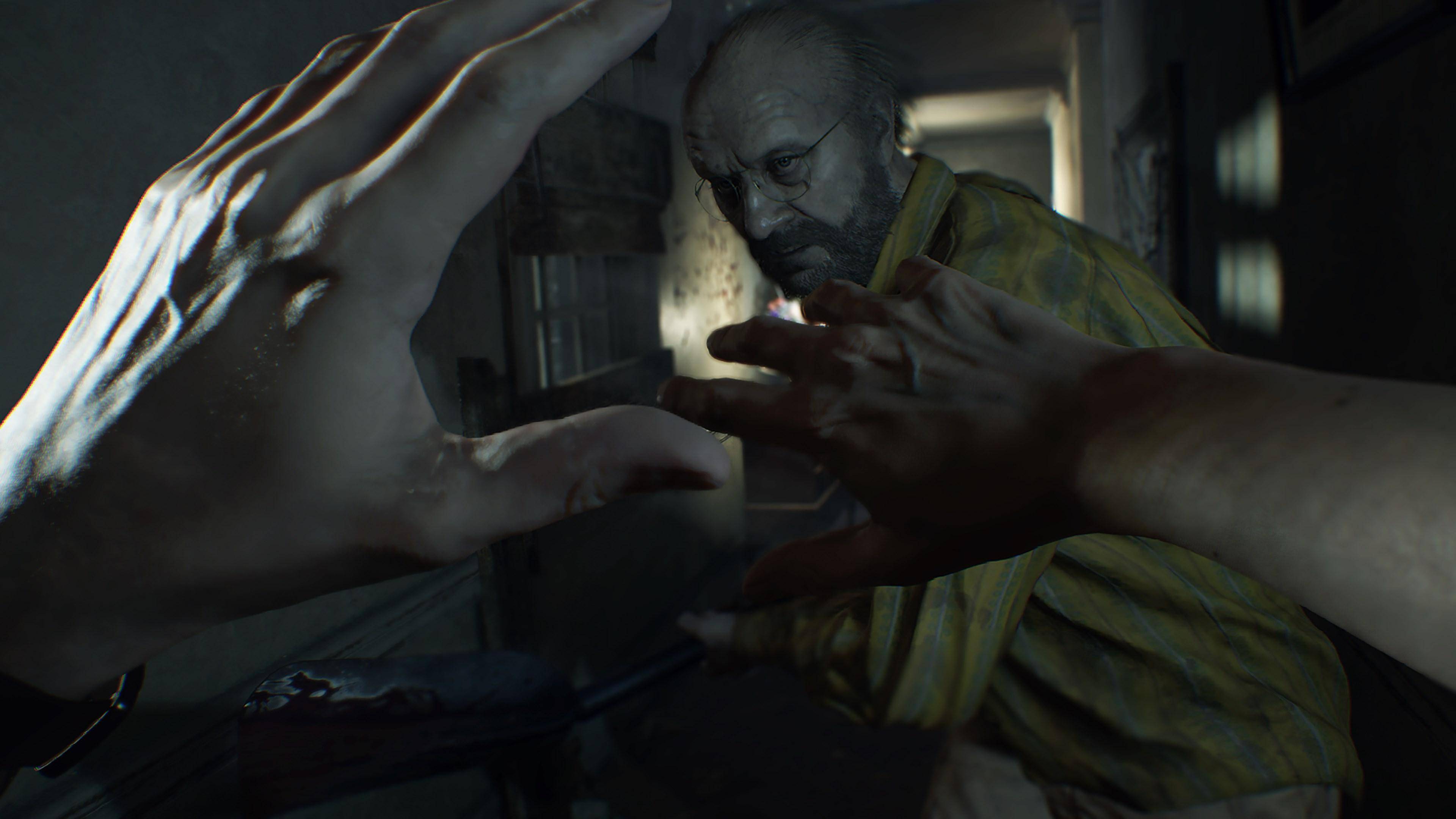 Welcome to the family. Credit: Capcom
Welcome to the family. Credit: Capcom
While *Monster Hunter* had a successful formula, *Resident Evil* faced its own challenges in appealing to a global audience. The series had to choose between its action-packed and survival horror roots. Jun Takeuchi, the executive producer of *Resident Evil*, made the pivotal decision to return to the series' horror origins.
"It was around the time I was working on Resident Evil Revelations 1 and 2. I was trying to test different things, try different approaches," says Yasuhiro Ampo, director of *Resident Evil 2* and *4* remakes. "And around this time is when the R&D teams were divided into R&D division one and two. The executive producer of the Resident Evil series, Jun Takeuchi, took command of R&D division one, and he set the core direction that the Resident Evil series needed to go back to its origins, to its roots."
*Resident Evil 7* was announced at PlayStation's E3 2016 conference with a first-person perspective and a focus on survival horror. This shift was met with excitement, as it promised a return to the series' terrifying roots. "With Resident Evil 7, the executive producer, Jun Takeuchi, made it clear that we cannot underestimate how critical it is for the series for it to be scary and about survival," Ampo says.
The game was a resounding success, re-establishing *Resident Evil* as a premier survival horror franchise. While it retained some action elements, its focus on horror and survival set it apart from its predecessors. Capcom also continued to support the series' third-person perspective through remakes, starting with *Resident Evil 2*, which became one of the best-selling games in the franchise.
"Resident Evil 4 is a game that is so beloved. If we get anything wrong with the remake, people might be quite vocal about their discomfort," Ampo admits. Despite initial hesitations, the *Resident Evil 4* remake was a hit, refining the balance between action and horror to align with Takeuchi's vision.
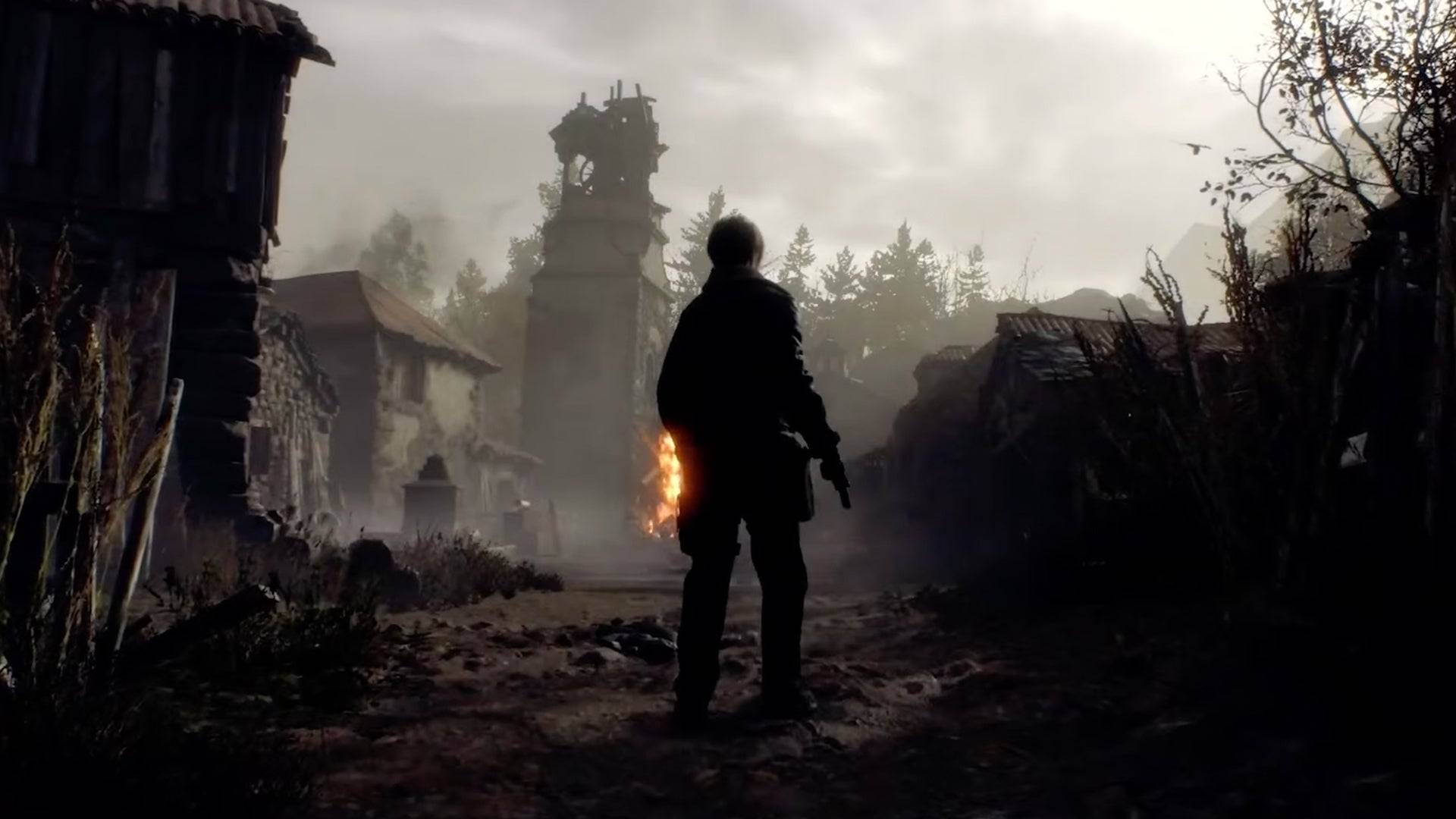 Horror reborn. Credit: Capcom
Horror reborn. Credit: Capcom
Concurrently, *Devil May Cry* director Hideaki Itsuno sought to reinvigorate the action genre, which he felt had become too accommodating to casual players. With *Devil May Cry 5*, Itsuno aimed to challenge players and create the coolest action game possible, leveraging Capcom's new RE Engine.
The Reason Behind The Change
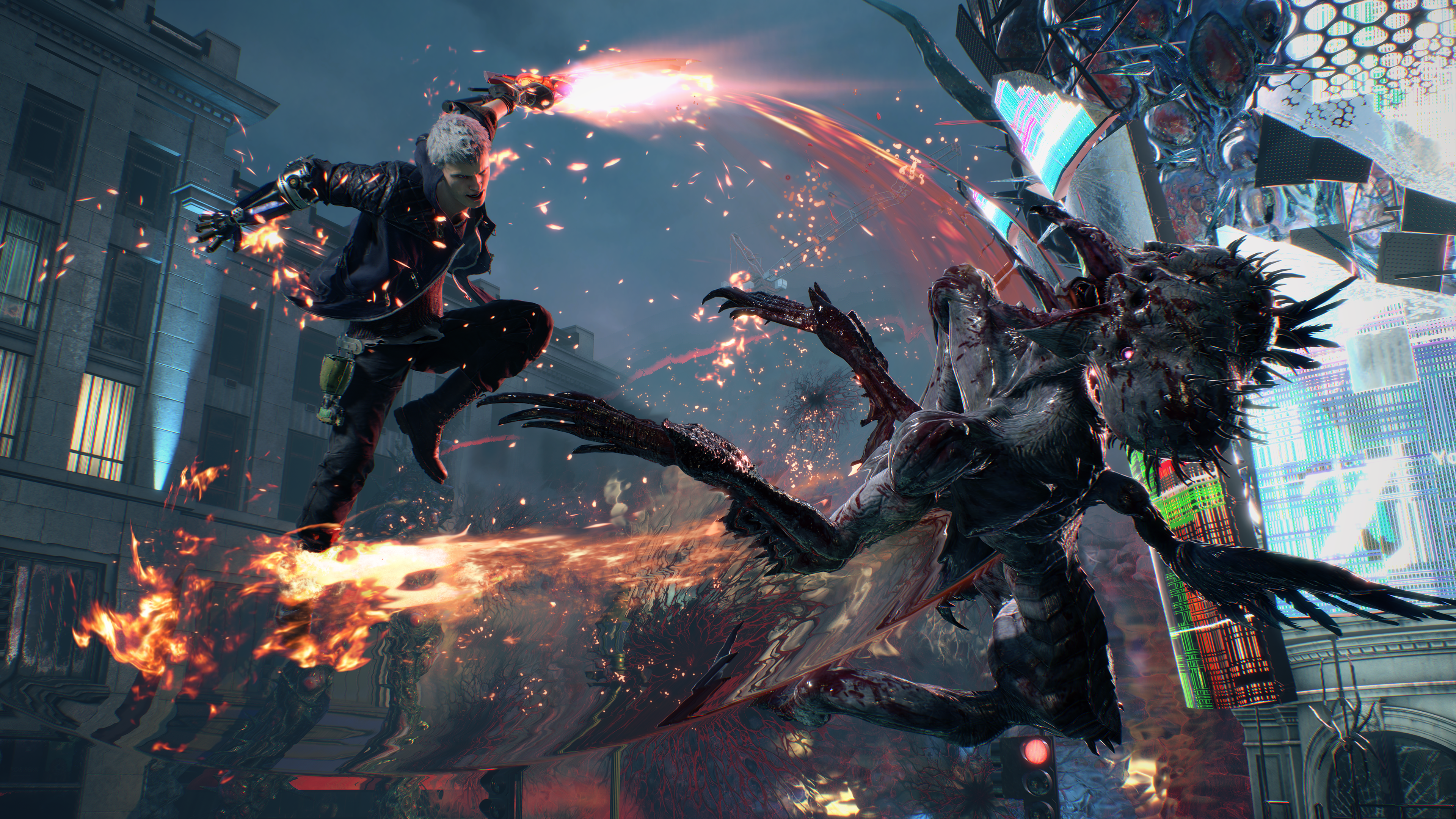 Capcom's goal was to make the coolest game ever. Credit: Capcom
Capcom's goal was to make the coolest game ever. Credit: Capcom
"I felt like the main trend with action games was to make action games that were very kind," Itsuno says. "Maybe, for me, a little bit too kind to the players, lending a hand to the player too much to my liking." After a decade away from the series, Itsuno returned with *Devil May Cry 5*, which became one of the franchise's most successful entries.
The RE Engine, which replaced the MT Framework, offered significant improvements in visual fidelity and development flexibility. "So the original concept for the RE Engine was to allow for a development environment that was less stressful and could help us to make things quicker," Ampo explains. "Because it’s an internally developed engine, when we needed any additional tools, well, we could ask for them internally."
This engine allowed Capcom to experiment and refine their games rapidly, which was crucial for Itsuno's vision of creating the coolest action game. "Devil May Cry is a franchise that stands on being cool," Itsuno says. "That’s what the franchise is, it’s about being cool. Ever since I took over the series from Devil May Cry 3, I put everything that I, as a person, I considered throughout my life to be cool."
A New Capcom Golden Age
Since 2017, Capcom has consistently released critically acclaimed games, achieving a remarkable streak of success in a time when many major studios struggle for consistency. This winning formula of focusing on globally appealing games, powered by the advanced RE Engine, has allowed Capcom to seamlessly transition between genres, from fighting games to survival horror and open-world action RPGs.
"Capcom is going through a golden era, and, well, now we have to do everything we can so that this lasts one more year, one more year, and every year, one more year," says Tsujimoto. Capcom's commitment to maintaining the essence of its games while expanding their global reach has resulted in a new golden age that shows no signs of slowing down.
While many of Capcom's contemporaries are chasing trends and losing their identities, Capcom has successfully navigated its challenges to emerge stronger than ever. The company's transformation over the past decade has not only revitalized its iconic franchises but also positioned it as a leader in the gaming industry.

